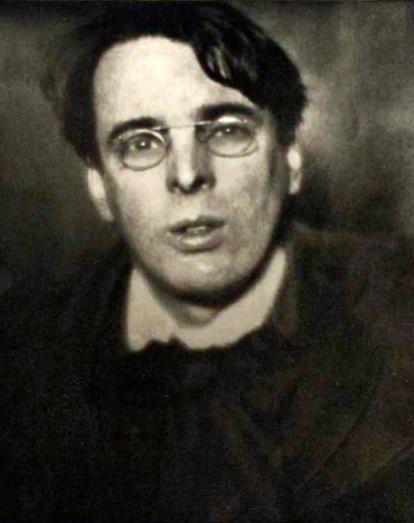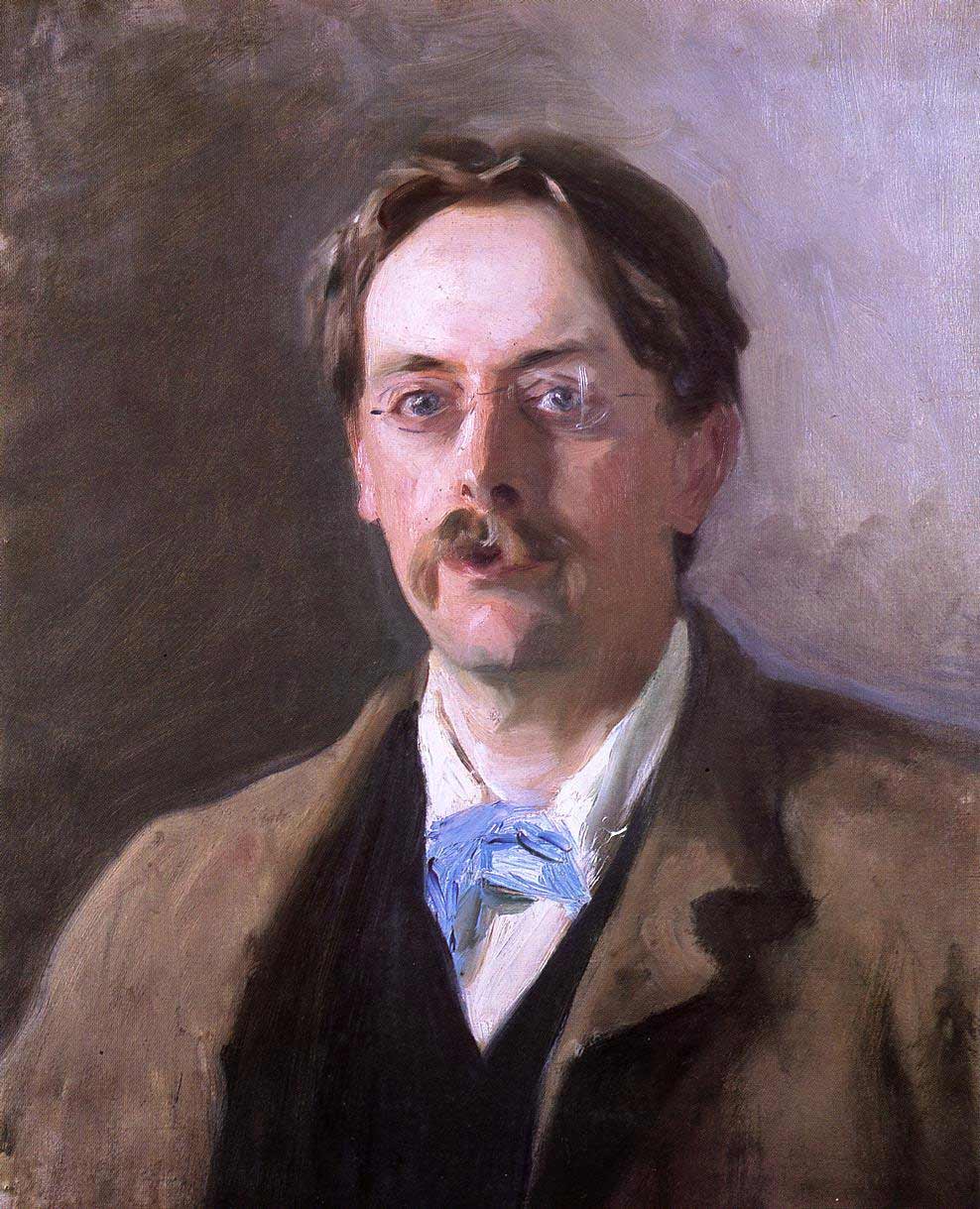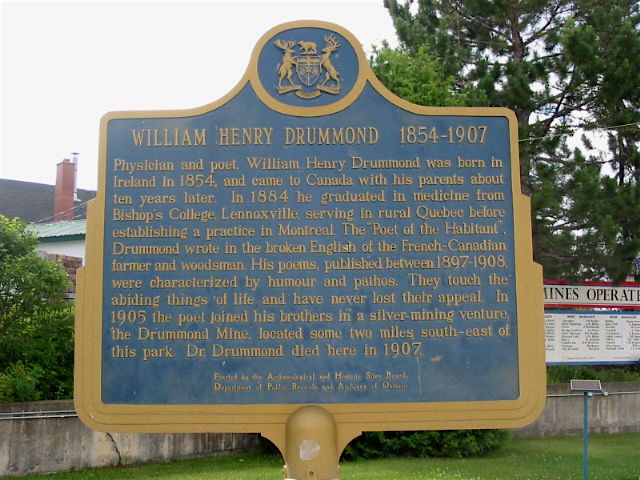|
1908 In Poetry
Nationality words link to articles with information on the nation's poetry or literature (for instance, Irish or France). Events *March – Ezra Pound leaves America for Europe. In April, he moves to Venice, where in July he self-publishes his first collection of poems, '' A Lume Spento'' (dedicated to his friend Philadelphia artist William Brooke Smith, who has just died of tuberculosis). In August he settles in London, where he will remain until 1920 and in December publish ''A Quinzaine for this Yule''. *Summer – The Marlowe Society stages a production at the New Theatre, Cambridge (England), of Milton's masque ''Comus'' directed by Rupert Brooke. *Renée Vivien attempts suicide by overdose of laudanum at the Savoy Hotel in London. The Poets' Club * Founding in London of the Poets' Club, a group comprised mainly amateurs which met monthly for most of the year. * Late in the year – T. E. Hulme reads to the Poets' Club his paper, ''A Lecture on Modern Poetry'' ... [...More Info...] [...Related Items...] OR: [Wikipedia] [Google] [Baidu] |
Irish Poetry
Irish poetry is poetry written by poets from Ireland. It is mainly written in Irish language, Irish and English, though some is in Scottish Gaelic literature, Scottish Gaelic and some in Hiberno-Latin. The complex interplay between the two main traditions, and between both of them and other poetries in English and Scottish Gaelic literature, Scottish Gaelic, has produced a body of work that is both rich in variety and difficult to categorise. The earliest surviving poems in Irish date back to the 6th century, while the first known poems in English from Ireland date to the 14th century. Although there has always been some cross-fertilization between the two language traditions, an English-language poetry that had absorbed themes and models from Irish did not finally emerge until the 19th century. This culminated in the work of the poets of the Irish Literary Revival in the late 19th and early 20th century. Towards the last quarter of the 20th century, modern Irish poetry tended ... [...More Info...] [...Related Items...] OR: [Wikipedia] [Google] [Baidu] |
Free Verse
Free verse is an open form of poetry, which in its modern form arose through the French ''vers libre'' form. It does not use consistent meter patterns, rhyme, or any musical pattern. It thus tends to follow the rhythm of natural speech. Definition Free verse does not "proceed by a strict set of rules … is not a literary type, and does not conform to a formal structure." It is not considered to be completely free. In 1948, Charles Allen wrote, "The only freedom cadenced verse obtains is a limited freedom from the tight demands of the metered line." Free verse contains some elements of form, including the poetic line, which may vary freely; rhythm; strophes or strophic rhythms; stanzaic patterns and rhythmic units or cadences. It is said that verse is free "when it is not primarily obtained by the metered line." Donald Hall goes as far as to say that "the ''form'' of free verse is as binding and as liberating as the ''form'' of a rondeau," and T. S. Eliot wrote, "No verse is fr ... [...More Info...] [...Related Items...] OR: [Wikipedia] [Google] [Baidu] |
Napoleonic Wars
The Napoleonic Wars (1803–1815) were a series of major global conflicts pitting the French Empire and its allies, led by Napoleon I, against a fluctuating array of European states formed into various coalitions. It produced a period of French domination over most of continental Europe. The wars stemmed from the unresolved disputes associated with the French Revolution and the French Revolutionary Wars consisting of the War of the First Coalition (1792–1797) and the War of the Second Coalition (1798–1802). The Napoleonic Wars are often described as five conflicts, each termed after the coalition that fought Napoleon: the Third Coalition (1803–1806), the Fourth (1806–1807), the Fifth (1809), the Sixth (1813–1814), and the Seventh (1815) plus the Peninsular War (1807–1814) and the French invasion of Russia (1812). Napoleon, upon ascending to First Consul of France in 1799, had inherited a republic in chaos; he subsequently created a state with stable financ ... [...More Info...] [...Related Items...] OR: [Wikipedia] [Google] [Baidu] |
Trilogy
A trilogy is a set of three works of art that are connected and can be seen either as a single work or as three individual works. They are commonly found in literature, film, and video games, and are less common in other art forms. Three-part works that are considered components of a larger work also exist, such as the triptych or the three-movement sonata, but they are not commonly referred to with the term "trilogy". Most trilogies are works of fiction involving the same characters or setting, such as ''The Deptford Trilogy'' of novels by Robertson Davies, ''The Apu Trilogy'' of films by Satyajit Ray, '' The House'' of a single anthology stop motion animated film, and ''The Kingdom Trilogy'' of television miniseries from 1994 to 2022 by Lars von Trier. Other fiction trilogies are connected only by theme: for example, each film of Krzysztof Kieślowski's Three Colours trilogy explores one of the political ideals of the French Republic ( liberty, equality, fraternity). Trilogies ... [...More Info...] [...Related Items...] OR: [Wikipedia] [Google] [Baidu] |
Part 3
''Part 3'' is the fourth studio album by the funk and disco group KC and the Sunshine Band. The album was produced by Harry Wayne Casey and Richard Finch and was released in October 1976 on the TK label. History ''Part 3'' contains three of the band's biggest hits, "(Shake, Shake, Shake) Shake Your Booty", "I'm Your Boogie Man", and "Keep It Comin' Love". The first two reached number 1 on the ''Billboard'' Hot 100 while the third peaked at number two. Two other singles, "I Like to Do It" and "Wrap Your Arms Around Me" found moderate success on the charts. The album was remastered in 1994 as “Part 3…And More” with additional bonus tracks. The album was remastered and reissued with bonus tracks in 2012 by Big Break Records. Track listing Personnel *Harry Wayne Casey – keyboards, vocal *Jerome Smith – guitar * Richard Finch – bass guitar, drums, percussion *Robert Johnson – drums *Fermin Goytisolo – percussion *Oliver C. Brown – percussion *Ken Faulk – ... [...More Info...] [...Related Items...] OR: [Wikipedia] [Google] [Baidu] |
Thomas Hardy
Thomas Hardy (2 June 1840 – 11 January 1928) was an English novelist and poet. A Victorian realist in the tradition of George Eliot, he was influenced both in his novels and in his poetry by Romanticism, including the poetry of William Wordsworth. He was highly critical of much in Victorian society, especially on the declining status of rural people in Britain, such as those from his native South West England. While Hardy wrote poetry throughout his life and regarded himself primarily as a poet, his first collection was not published until 1898. Initially, he gained fame as the author of novels such as '' Far from the Madding Crowd'' (1874), ''The Mayor of Casterbridge'' (1886), '' Tess of the d'Urbervilles'' (1891), and ''Jude the Obscure'' (1895). During his lifetime, Hardy's poetry was acclaimed by younger poets (particularly the Georgians) who viewed him as a mentor. After his death his poems were lauded by Ezra Pound, W. H. Auden and Philip Larkin. Many of his novels ... [...More Info...] [...Related Items...] OR: [Wikipedia] [Google] [Baidu] |
Edmund Gosse
Sir Edmund William Gosse (; 21 September 184916 May 1928) was an English poet, author and critic. He was strictly brought up in a small Protestant sect, the Plymouth Brethren, but broke away sharply from that faith. His account of his childhood in the book ''Father and Son'' has been described as the first psychological biography. His friendship with the sculptor Hamo Thornycroft inspired a successful career as a historian of late-Victorian sculpture. His translations of Henrik Ibsen helped to promote that playwright in England, and he encouraged the careers of W. B. Yeats and James Joyce. He also lectured in English literature at Cambridge University. Early life Gosse was the son of Philip Henry Gosse and Emily Bowes. His father was a naturalist and his mother an illustrator who published a number of books of poetry. Both were deeply committed to a small Protestant sect, the Plymouth Brethren. His childhood was initially happy as they spent their summers in Devon where his ... [...More Info...] [...Related Items...] OR: [Wikipedia] [Google] [Baidu] |
Hilaire Belloc
Joseph Hilaire Pierre René Belloc (, ; 27 July 187016 July 1953) was a Franco-English writer and historian of the early twentieth century. Belloc was also an orator, poet, sailor, satirist, writer of letters, soldier, and political activist. His Catholic faith had a strong effect on his works. Belloc became a naturalised British subject in 1902 while retaining his French citizenship. While attending Oxford, he served as President of the Oxford Union. From 1906 to 1910, he served as one of the few openly Catholic members of the British Parliament. Belloc was a noted disputant, with a number of long-running feuds. He was also a close friend and collaborator of G. K. Chesterton. George Bernard Shaw, a friend and frequent debate opponent of both Belloc and Chesterton, dubbed the pair the "Chesterbelloc". Belloc's writings encompassed religious poetry and comic verse for children. His widely sold ''Cautionary Tales for Children'' included "Jim, who ran away from his nurs ... [...More Info...] [...Related Items...] OR: [Wikipedia] [Google] [Baidu] |
Lascelles Abercrombie
Lascelles Abercrombie, (9 January 1881 – 27 October 1938) was a British poet and literary critic, one of the "Dymock poets". After the First World War he worked as a professor of English literature in a number of English universities, writing principally on the theory of literature. Biography Abercrombie was born in Ashton upon Mersey, Sale, Cheshire.Thorne, J. O. and Collocott, T. C., eds. (1984). ''Chambers Biographical Dictionary'', revised ed. (Chambers), p. 4; ; accessed 5 May 2014. He was educated at Malvern College, and at Owens College, Manchester. Before the First World War, he lived for a time at Dymock in Gloucestershire, part of a community of poets, including Robert Frost, and often visited by Rupert Brooke, and Edward Thomas. The Dymock poets were included among the "Georgian poets", and Abercrombie's poetry was included in four of the five volumes of Georgian Poetry (edited by Edward Marsh, 1912-1922). During the pre-War years, he earned his living rev ... [...More Info...] [...Related Items...] OR: [Wikipedia] [Google] [Baidu] |
English Poetry
This article focuses on poetry from the United Kingdom written in the English language. The article does not cover poetry from other countries where the English language is spoken, including Republican Ireland after December 1922. The earliest surviving English poetry, written in Anglo-Saxon, the direct predecessor of modern English, may have been composed as early as the 7th century. The earliest English poetry The earliest known English poem is a hymn on the creation; Bede attributes this to Cædmon ( fl. 658–680), who was, according to legend, an illiterate herdsman who produced extemporaneous poetry at a monastery at Whitby. This is generally taken as marking the beginning of Anglo-Saxon poetry. Much of the poetry of the period is difficult to date, or even to arrange chronologically; for example, estimates for the date of the great epic ''Beowulf'' range from AD 608 right through to AD 1000, and there has never been anything even approaching a consensus. It is pos ... [...More Info...] [...Related Items...] OR: [Wikipedia] [Google] [Baidu] |
William Henry Drummond
William Henry Drummond (April 13, 1854 – April 6, 1907) was an Irish-born Canadian poet whose humorous dialect poems made him "one of the most popular authors in the English-speaking world," and "one of the most widely-read and loved poets" in Canada.Selected Poetry of William Henry Drummond: Notes on Life and Works " Representative Poetry Online, UToronto.ca, Web, Apr. 15, 2001 "His first book of poetry, ''The Habitant'' (1897), was extremely successful, establishing for him a reputation as a writer of dialect verse that has faded since his death."C.J. Taylor, Drummond, William Henry " ''Canadian Encycloped ... [...More Info...] [...Related Items...] OR: [Wikipedia] [Google] [Baidu] |
William Wilfred Campbell
William Wilfred Campbell (1 June ca. 1860 – 1 January 1918) was a Canadian poet. He is often classed as one of the country's Confederation Poets, a group that included fellow Canadians Charles G.D. Roberts, Bliss Carman, Archibald Lampman, and Duncan Campbell Scott; he was a colleague of Lampman and Scott. By the end of the 19th century, he was considered the "unofficial poet laureate of Canada." Although not as well known as the other Confederation poets today, Campbell was a "versatile, interesting writer" who was influenced by Robert Burns, the English Romantics, Edgar Allan Poe, Ralph Waldo Emerson, Henry Wadsworth Longfellow, Thomas Carlyle, and Alfred Tennyson. Inspired by these writers, Campbell expressed his own religious idealism in traditional forms and genres. Life William Wilfred Campbell was born around 1 June circa 1860 in Berlin, Ontario, now Kitchener. His father, Rev. Thomas Swainston Campbell, was an Anglican clergyman who had been assigned the task of setti ... [...More Info...] [...Related Items...] OR: [Wikipedia] [Google] [Baidu] |






